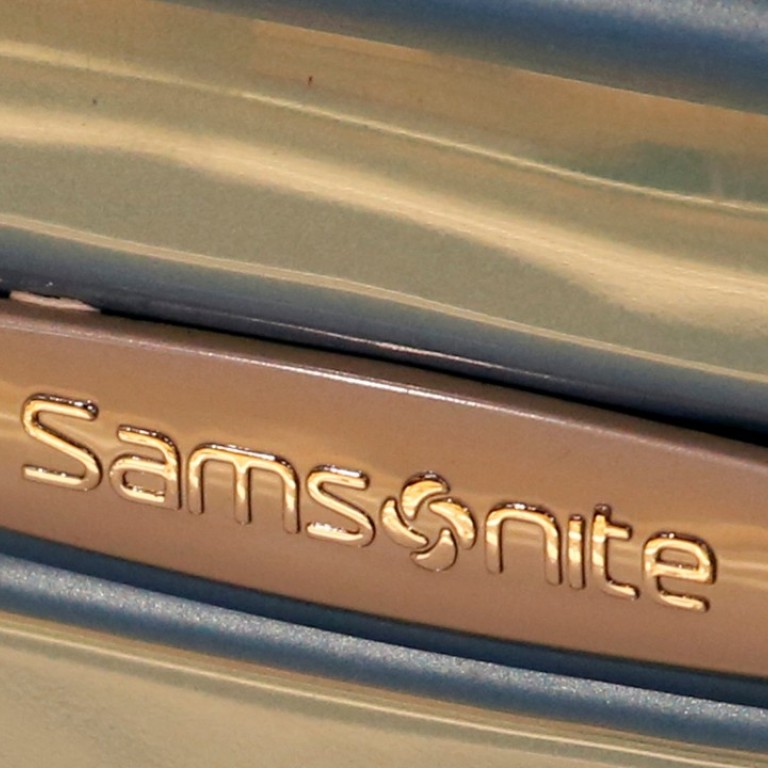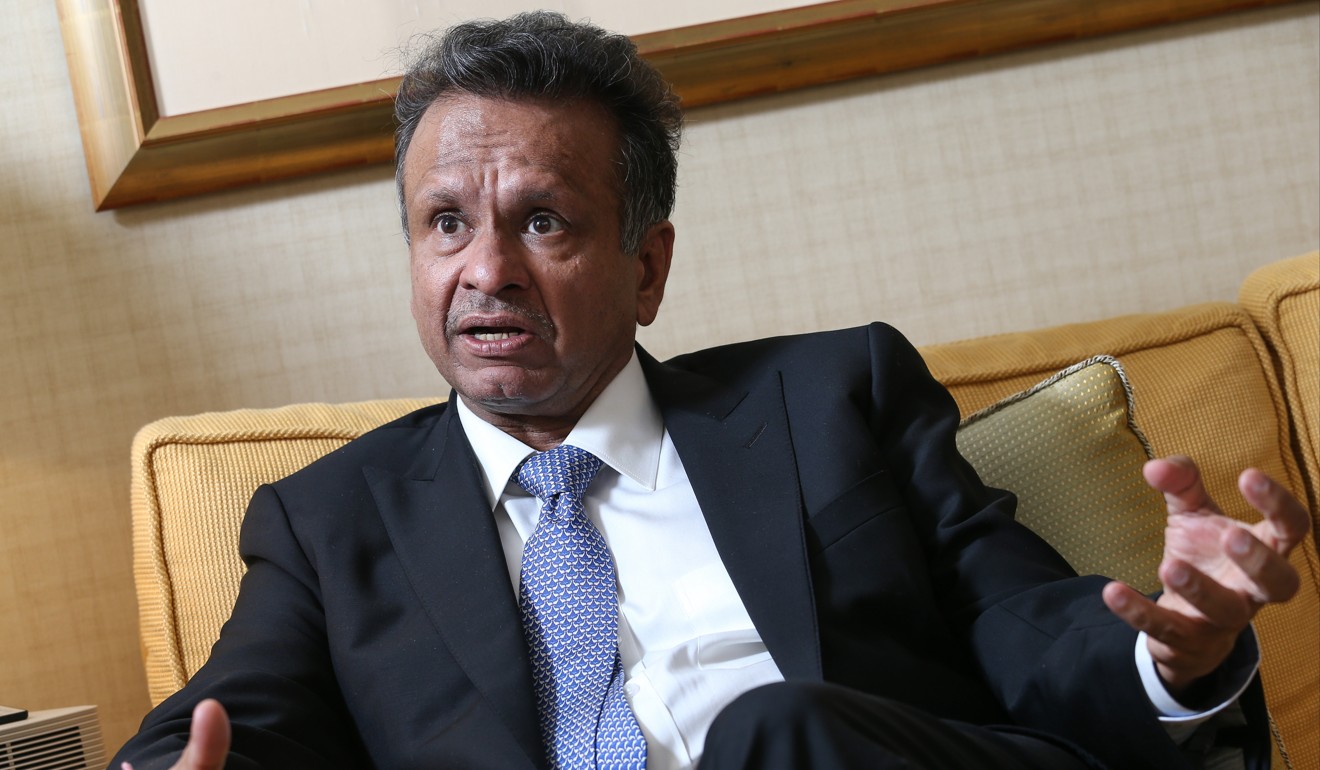
Shares in luggage maker Samsonite continue to slump despite labelling short seller’s report ‘misleading’
Hong Kong-listed stock loses more than 11 per cent of its value in first four minutes of trading
Shares in Samsonite International, the world’s largest branded luggage maker, have slumped more than 11 per cent after trading in its Hong Kong listed shares resumed trading on Friday morning, extending its losing streak from Thursday after Texas short seller Blue Orca accused the company of “questionable accounting practises” and “poor corporate governance”.
Shares in the Mansfield, Massachusetts-based firm, lost 11 per cent in their first four minutes of trading, ending the day down 12.05 per cent at HK$27.00.
On Thursday they also shed nearly 12 per cent to HK$30.7 before the luggage maker had to halt trading.
Newly formed activist short seller Blue Orca said the company should be trading 48 per cent below its last traded price to HK$17.59 on Thursday, accusing the company of concealing slowing growth through debt-fuelled acquisitions and that it has “massaged earnings and inflated margins”.
In a filing to the Hong Kong stock exchange late on Thursday, Samsonite said the allegations are “one-sided” and “misleading” and that the conclusions drawn in Blue Orca’s report are “incorrect”.
The company also showed full support for CEO Ramesh Tainwala, in a separate statement.

“I have full confidence in Ramesh’s capabilities as CEO, and in the broader management team.” said Timothy Parker, its chairman, adding investors should be aware that the opinions of a short seller may not be aligned with those of a company’s shareholders, and that it may be intending specifically to undermine confidence in the company.
“I would like to ask our investors for their patience during this time, and to thank them for their support.” said Parker.
The company did not reveal any specific information in response to the short seller’s report, saying it will provide additional information “in due course” without elaborating.
Soren Aandahl, formerly the director of research and chief investment officer at international short-seller Glaucus Research, only launched Blue Orca on May 17, and Samsonite is the first high-profile target the company has targeted for scrutiny.
Aandahl said when the company was being launched that Asia and China in particular, are at the epicentre of global innovation and that he “will not hold back from exposing dishonest or complacent companies”.
Short selling refers to the practise of investors borrowing an asset, usually shares, from other investors and then selling them hoping the price will fall. They benefit from buying back the asset at a lower price and returning it to its owner, after which they pocket the difference
Founded by US trunk maker Jesse Shwayder in Denver, Colorado, in 1910, Samsonite owns brands including Tumi and American Tourister. It derives 40 per cent of its sales from the US, while it also sells widely in Asia, Europe and Latin America.

